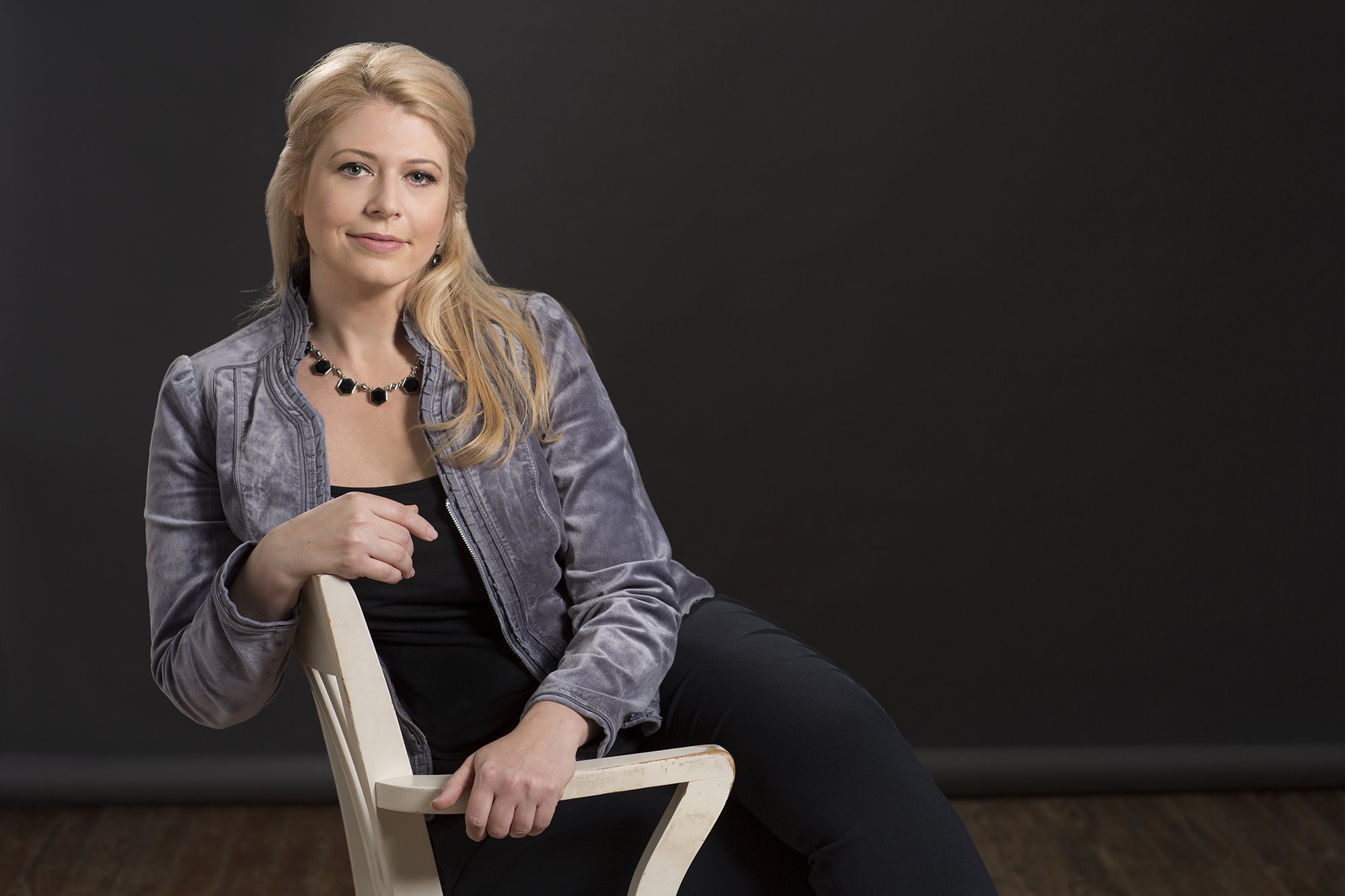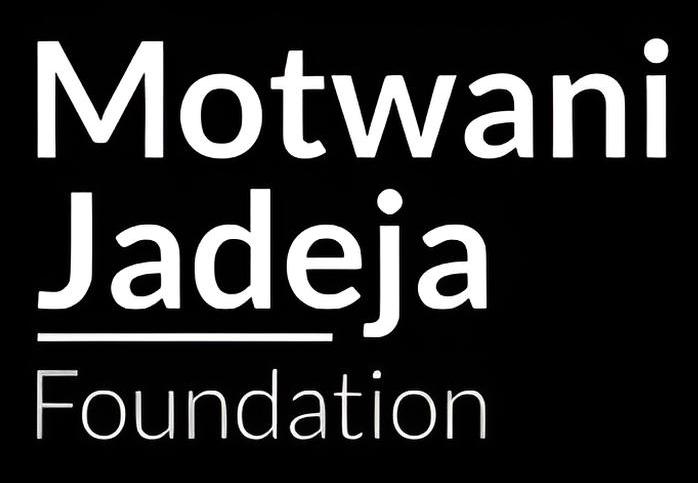To Americans, Afghanistan can call to mind war-torn cities without much economic opportunity. But the truth is that the country has a growing tech economy. Unfortunately, those tech opportunities are often hard for women to come by in Afghanistan’s conservative, male-dominated culture. But Fereshteh Forough, founder and CEO of Code To Inspire, aims to change that.
Code To Inspire is a one-year program designed for women ages 15 to 25. For the younger, high school-age women, the program teaches basic computer-science skills, like how to design a website, create animations and graphics, and navigate social media. For women who already have technical knowledge, the program focuses on how to code mobile apps and build entrepreneurship skills.
“The main goals I have are: to educate and train women as much as we can with technology; build a network of women in Afghanistan who support each other; create startups and entrepreneurs that create more job opportunities for women; and launch more programming labs in different cities in Afghanistan to expand the project,” Forough told us.
While in the U.S. programs like Code To Inspire are somewhat common, in Afghanistan they’re anything but. Forough explains that many Afghan men are opposed to the idea of women receiving an education — any education. Consequently, 85% of women in Afghanistan have no formal schooling and are unable to read. Only 15% of Afghan women are part of the workforce. Extremists may try to prevent young girls from getting to school by verbally harassing them, or even going so far as to pour acid on their faces. Some men have burned schools down.
Many fear that, through education, women will be better able to advocate for more equal treatment. Thus, the idea of women even accessing the internet is often considered “bad” — with only 8% of the population having internet access, it’s thought of as “a devil thing,” Forough explains. For those women who do receive an education in Afghanistan’s major cities, it can be difficult to subsequently gain employment, since women traditionally don’t travel alone, and men are reluctant to trust a woman’s skills.
I JUST WANT TO KEEP THE TRADITION AND CULTURE OF AFGHANISTAN AND MIX IT WITH TECHNOLOGY.
Forough is familiar with the plight of Afghan women. An Iranian-born Afghan refugee who returned to Afghanistan after the Taliban regime fell, she later earned her Master’s in Computer Science from the Technical University of Berlin in Germany. Then, she became a computer science professor back in Afghanistan at the University of Herat.
Forough’s Code To Inspire aims to educate women in a way that’s respectful of and works within conservative Afghan ideals. “I just want to keep the tradition and culture of Afghanistan and mix it with technology,” Forough said.
To start, she is trying to build a facility that is very safe for women to commute to, and she’s making the program women-only, so families won’t be concerned about the mixing of boys and girls. To combat the issue of finding employment after the program, Forough says: “We want girls to find jobs online and get paid online.” Women will be able to return to the center to use its computers to work, and by working online, remotely, they’re released from the stigma surrounding employment in a local business. This offers them a measure of freedom far beyond what they might otherwise be granted.
As for the apps the women create in Code To Inspire, they’ll be available in both regional dialects and English — to show Afghan men that these women can be educated and technologically savvy without compromising their culture (most Afghans have cellular phone access). Forough hopes initiatives such as hers will create a change in the way Afghan society sees gender equality, tech, and education.
“Once the families understand, Oh, we sent our daughter to this center, not only does she learn something, she can find a job and get paid — she’s not only helping herself, but helping finance the family,” Forough said.



































